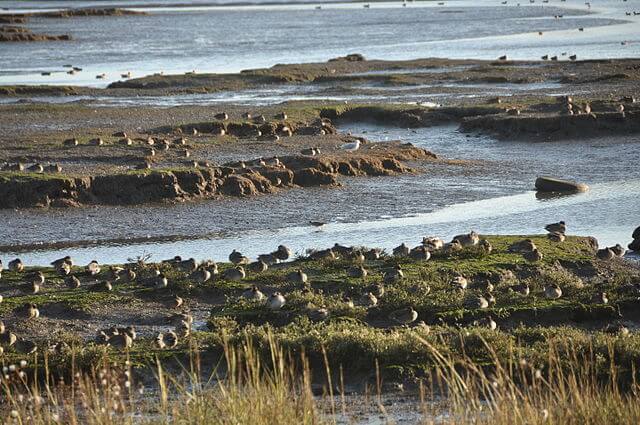
A recent study suggests that ambitious targets to halt the decline in nature may already be slipping out of reach. Scientists argue that the impact of climate change and habitat loss on animal populations has been underestimated, indicating that the recovery of wildlife may take longer than anticipated. Without immediate action, global biodiversity targets set for the end of the decade will likely be unachievable.
In December, nearly 200 countries agreed to halt the decline in nature and established ambitious goals to protect biodiversity and conserve 30% of lands and seas by 2030. However, the study published in the Royal Society journal, Proceedings B, reveals that previous modelling efforts have largely overlooked the time lags of several decades before the consequences of factors like climate change and habitat loss become evident. This suggests that the world may be closer to experiencing biodiversity loss than previously believed.
“What this analysis is highlighting is that it’s even harder than we think [to meet the targets]” said Dr Robin Freeman of ZSL’s Institute of Zoology in London.
“We need to act more urgently and more quickly, and tackle more things to achieve them.”
“We’ve seen delayed effects of up to 40 years for large mammals and birds,” Dr Freeman told BBC News.
“And that means that the longer we wait to take action the longer it will take to see any kind of response.”
Nevertheless, the research highlights that prompt action to address unsustainable hunting practices and the over-exploitation of natural resources can yield immediate and wide-ranging benefits. Taking urgent measures can mitigate further loss of plants and animals, as the current rate of extinction surpasses any previous point in human history.
In December, countries made a significant commitment by signing a landmark agreement to address biodiversity loss. A total of 188 governments, including the UK, pledged to global targets for 2030, encompassing objectives such as reducing global food waste by half and phasing out subsidies that harm biodiversity.
——————————————————————————
At Natural World Fund, we are passionate about stopping the decline in our wildlife.
The declines in our wildlife is shocking and frightening. Without much more support, many of the animals we know and love will continue in their declines towards extinction.
When you help to restore a patch of degraded land through rewilding to forests, meadows, or wetlands, you have a massive impact on the biodiversity at a local level. You give animals a home and food that they otherwise would not have had, and it has a positive snowball effect for the food chain.
We are convinced that this is much better for the UK than growing lots of fast-growing coniferous trees, solely to remove carbon, that don’t actually help our animals to thrive.
This is why we stand for restoring nature in the UK through responsible rewilding. For us, it is the right thing to do. Let’s do what’s right for nature!
Support our work today at https://naturalworldfund.com/ and join in the solution!

